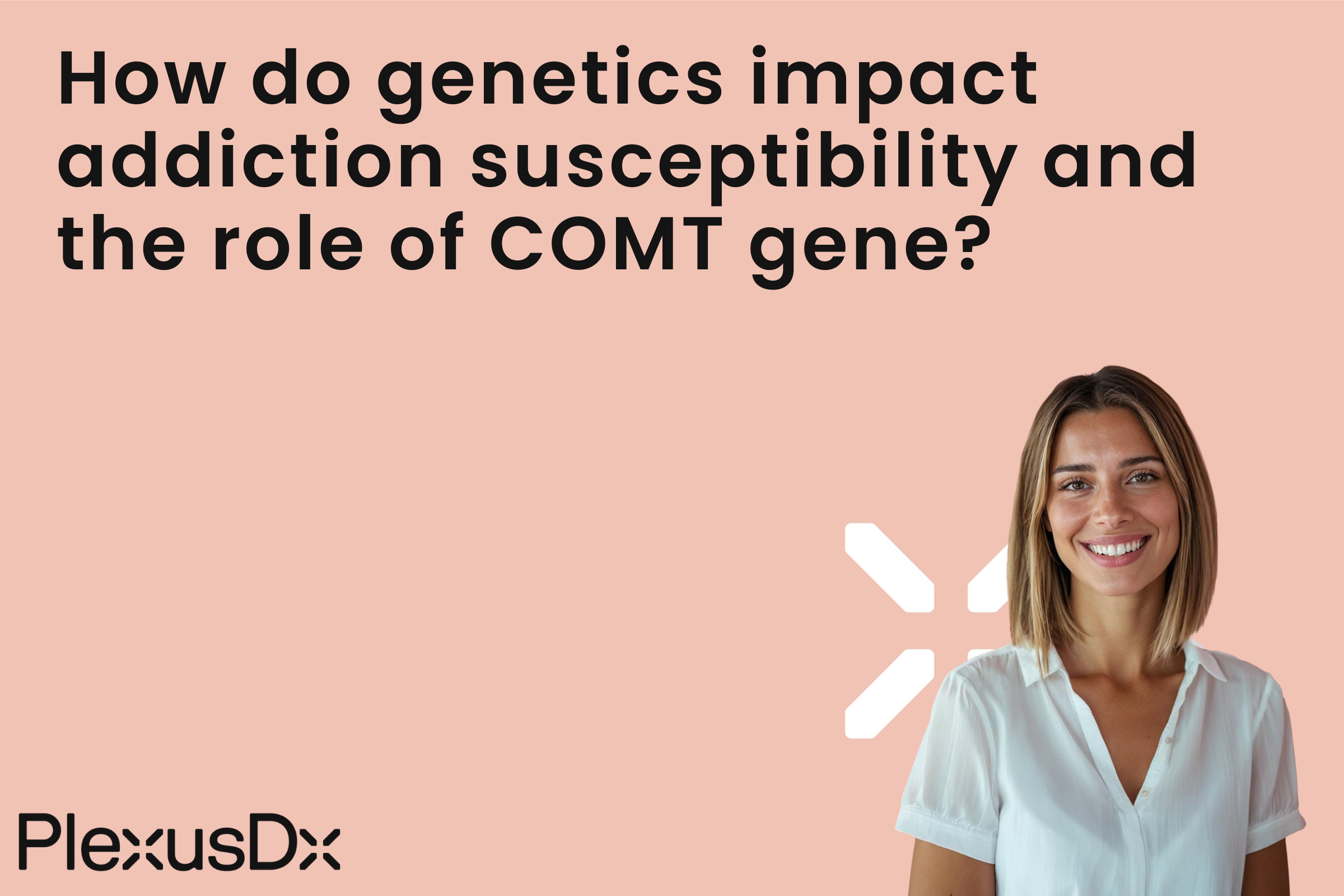The Genetic Components of Addiction Behavior
continue to mystify researchers. Every person enjoys a secret indulgence that allows them to relax. Maybe it’s a glass of wine. Some people choose to relax by elevating their feet and scrolling through social media updates. The dopamine system activates when we experience pleasure which both rewards us and motivates us to seek out those pleasurable experiences again. A majority of people manage to experience these rewards within moderate boundaries. For some individuals what starts as a daily glass of wine to relax becomes a nightly requirement for an entire bottle. This is an addiction. Almost any rewarding activity can lead to addiction in individuals whether it be smoking or sexual activities. How do we distinguish between someone who enjoys indulgences moderately and a person who is addicted to them? The expression addictive personality pops up frequently in discussions about addiction. The phrase "addictive personality" usually refers to an individual who struggles with self-control. Scientists devoted decades to finding the mythical 'addictive personality' but discovered it is merely a myth. The puzzle of addiction includes multiple elements such as early life trauma and genetic factors. The connection between addiction and DNA does not indicate that addiction stems from a single gene. Multiple genes presumably interact to elevate the genetic susceptibility to addiction. Our expanding knowledge about the DNA connection to addiction enhances our ability to make informed decisions that target genetic components. Take, for example, the COMT gene. Individuals with the specific COMT variants associated with addiction may receive enhanced results from cognitive-behavioral therapy. The COMT gene serves as an example among numerous genetic factors that together increase addiction risk. Addiction represents a dependency on specific behaviors or substances. According to scientific research any activity that provides stimulation to an individual has the potential to develop into an addiction over time. Behaviors started as habits eventually transform into obligations through this process. The brain contains intrinsic systems that generate feelings of pleasure and reward. Dopamine systems become activated during pleasurable experiences. Our brain systems provide rewards for behaviors crucial to survival and reproduction through activities like eating and sexual activities. We develop motivation to repeat these behaviors following this reaction. Many addictive substances along with certain behaviors also trigger the activation of the dopamine system. Addictive substances trigger brain modifications that strengthen the neural pathways associated with drug use habits. Drug addicts experience cravings when they encounter specific people or objects. Drug addiction receives its medical designation as substance use disorder. Tobacco, alcohol, cannabis, opioids including heroin and codeine, and stimulants such as amphetamines make up the group of substances that cause addiction. One out of every ten Americans experiences substance use disorder during their lifetime. Out of those who develop substance use disorder only a quarter seek treatment. The consequences of addiction extend to serious life impacts such as road accidents and infectious diseases and create family or social issues and work or school difficulties while leading to legal or money problems, mental health conditions and in extreme cases suicide or fatal overdose. Addictions develop from mental health issues alongside difficult family backgrounds peer pressure early age substance use and genetic predispositions. The main strategy for overcoming an addiction requires avoiding both the addictive substance and its related triggers which presents significant difficulty. Healthcare providers may suggest withdrawal treatment programs and drug detoxification along with talking therapy and medication to stop relapse during recovery. Genetics play a role in around 40% of the variance observed in individual addiction susceptibility. - Mental health conditions combined with tough family situations peer pressure early substance use and genetics create risk factors for addiction. - Anyone facing high genetic risk alongside addiction symptoms or multiple risk factors should schedule a consultation with a healthcare professional to discuss optimal treatment options. - Even if you have high genetic risk factors for addiction your overall risk remains low if you maintain a healthy lifestyle and environmental conditions. The study of genetic factors related to addiction offers critical information which can shape personalized treatment and prevention methods. Understanding your genetic risk factors and consulting professionals enables you to actively address addictive behaviors. Direct readers to explore Precision Health & Wellness tests from PlexusDx which they can find at PlexusDx.com along with Amazon and Walmart.

Share:
What health issues are linked to high amylase levels and how to improve digestion based on genetics?
Effects of growth hormone on health and well-being?